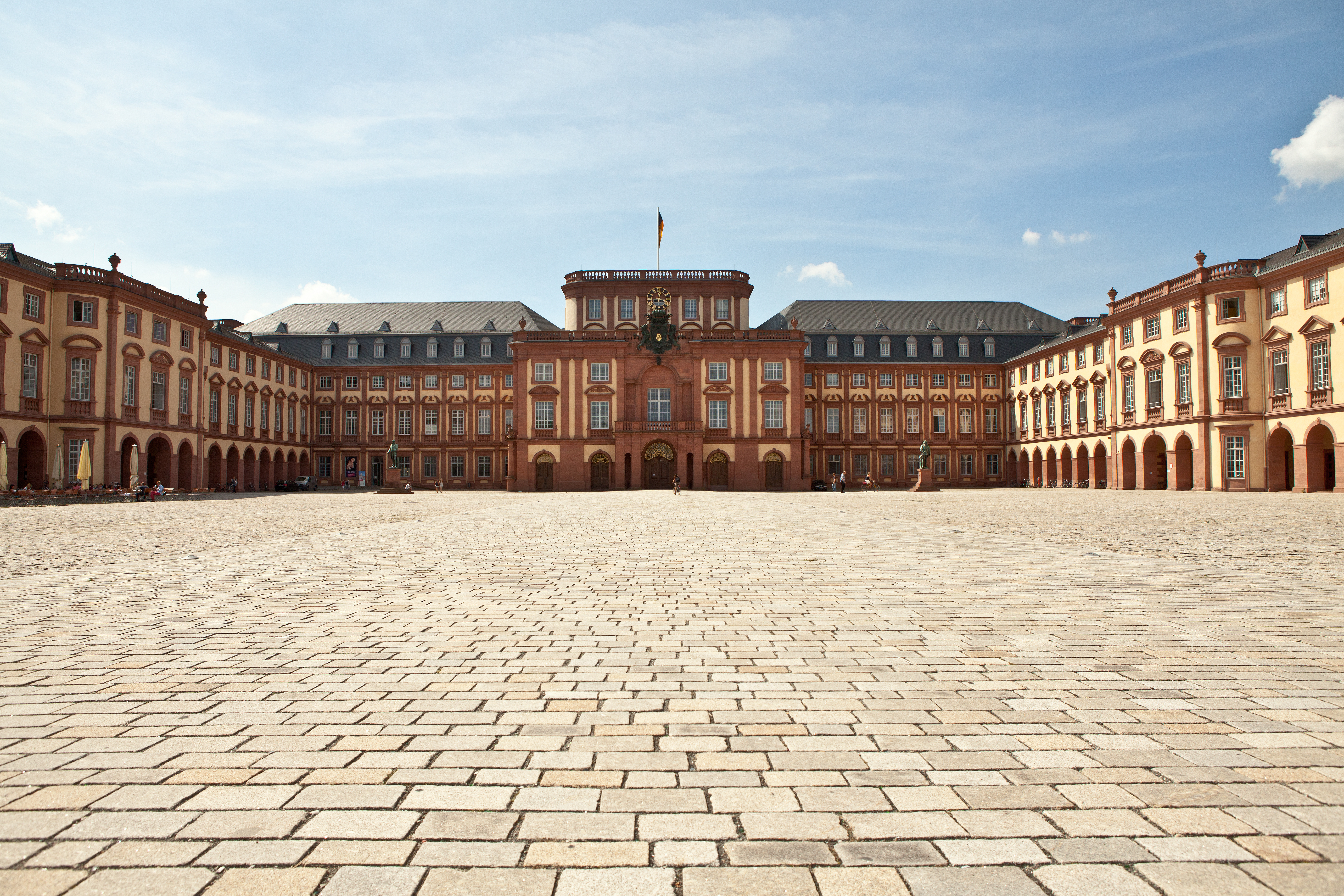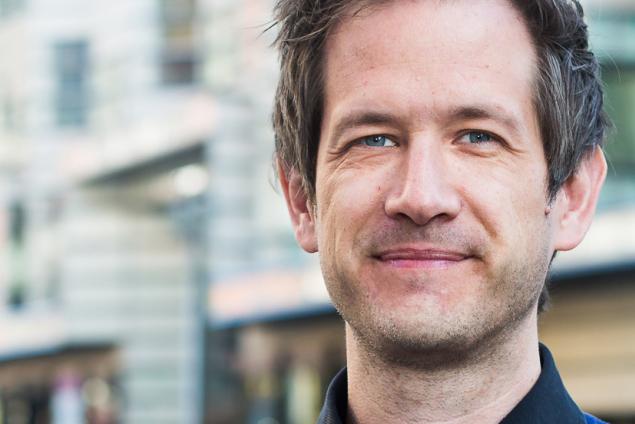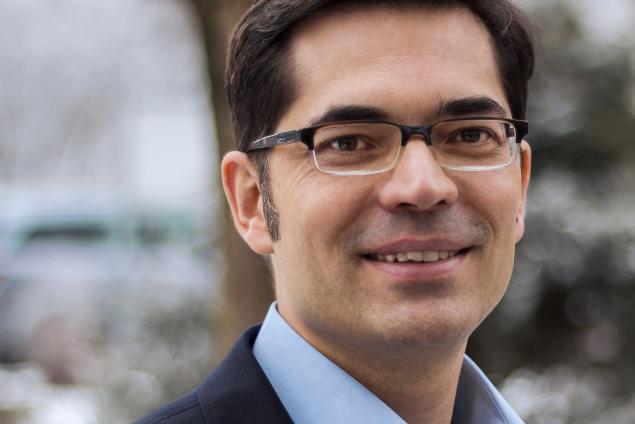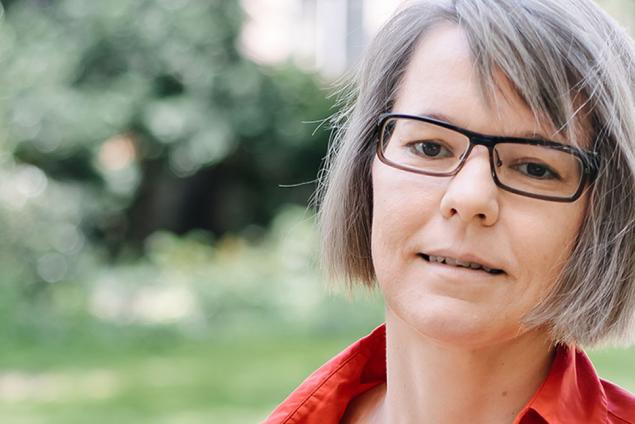Scroll to Section:
Ongoing crises around the world prompting refugees to flee their homelands beg us to consider the economic effects of international migration. In this video, ANTONIO CICCONE explores the case of mass migration to what would become West Germany in the immediate aftermath of World War II. Comparing the French occupation zone which restricted access to refugees with the US zone which accepted them, Ciccone and Jan Nimczik identify substantial positive economic effects of migration for the migrants as well as the local population that persist to this day. Ciccone calls for a move away from subjective beliefs regarding the consequences of migration towards more objective, research based knowledge. He sees the study of post-WWII mass migration in West Germany as a step in this direction.
DOI:
https://doi.org/10.21036/LTPUB101026
Institution

University of Mannheim (Universität Mannheim)
For generations, the University of Mannheim has been preparing students to take on leadership roles in business, academia, and society. One of the university’s strengths in this task is its profile, which is characterized by the economic and social sciences. It is in these fields that the University of Mannheim has repeatedly been ranked as one of the top 20 European research institutions. Key focuses of Mannheim researchers include decision-making processes and elections, governance, regulation, competition and innovation, migration and multilingualism, and the culture of change. The campus surrounding Mannheim’s baroque palace is a place where bright minds from across the globe come together to learn, discuss, research, and prepare to make their mark on the world.
Show more
The Collaborative Research Center (CRC) TR 224 – EPoS
The Collaborative Research Center (CRC) TR 224 – EPoS is a cooperation between the University of Bonn and the University of Mannheim. Funded by the German Research Foundation (DFG), it aims to analyze and provide policy proposals that address three key societal challenges: how to promote equality of opportunity; how to regulate markets in light of the internationalization and digitalization of economic activity; and how to safeguard the stability of the financial system.
Original publication
The Long-Run Effects of Immigration: Evidence Across a Barrier to Refugee Settlement
Published in 2022Reading recommendations
A Brief History of the Poor Palatine Refugees, Lately Arriv'd in England... In a Letter to a Friend in the Country.[By Daniel Defoe.].
Published in 1709Market size and spatial growth—evidence from Germany's post-war population expulsions
Published in 2022Forced displacement in history: Some recent research
Published in 2022Beyond
A Ground-breaking Scientific Revolution
An Alarming Challenge for Society
If I Had a Second Life
A Personal Reading Recommendation



